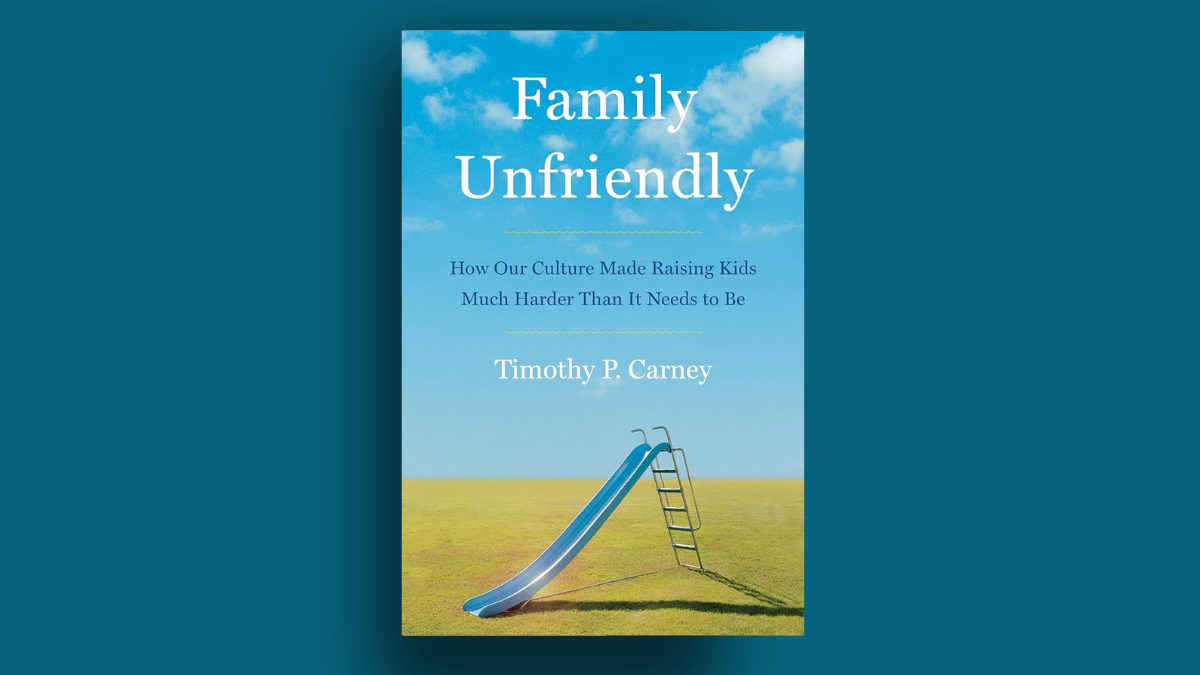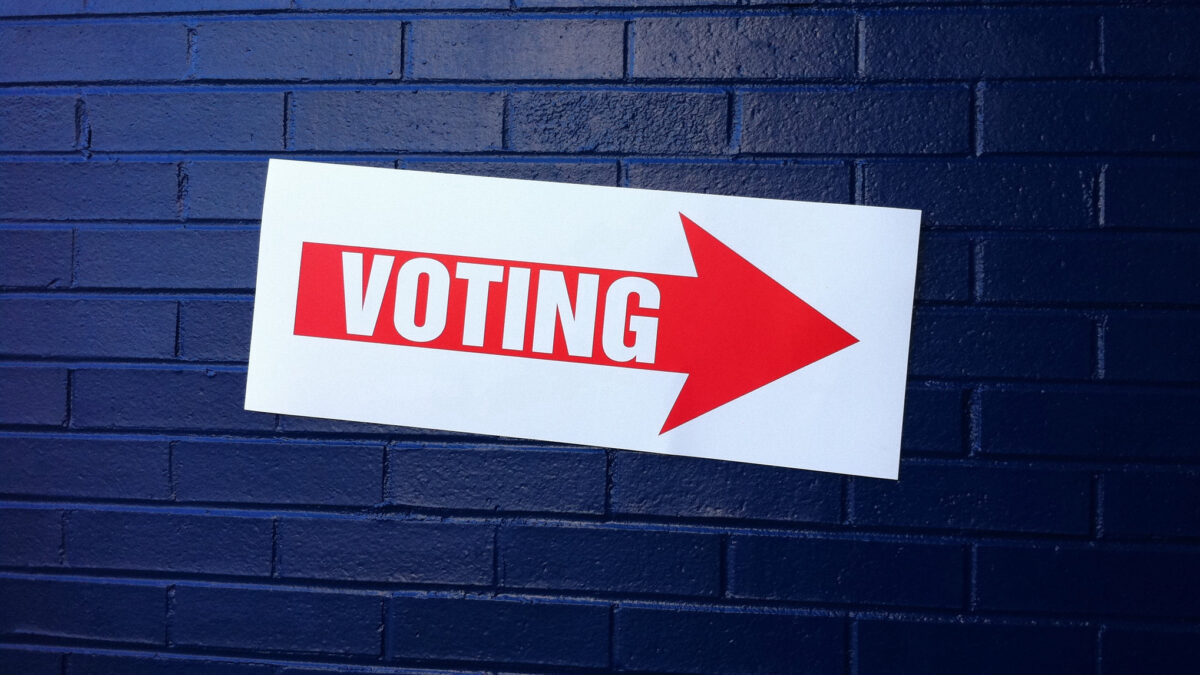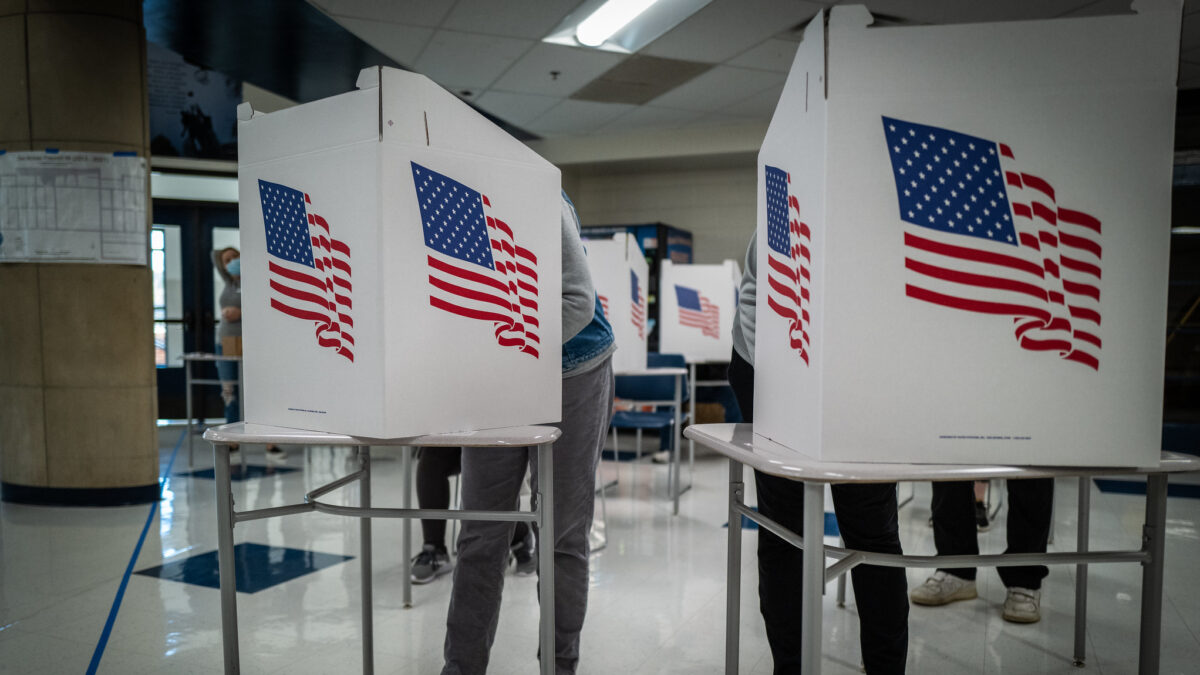John Waters’ novel River City One is about navigating life’s expectations following wartime combat experiences. While the story is fiction, it’s told by a Marine veteran of the Afghanistan and Iraq wars. The book’s detail will undoubtedly resonate with the current GWOT (Global War on Terror) generation.
The main character of the book, a veteran named John Walker, finds himself sleepwalking through life post-military service, all while longing “to feel happy.” The story hits on a common theme relevant to all veterans struggling with questions related to purpose.
Combat is full of purpose. This is understood by those who have been there. Full-blown daily combat diminishes if not eliminates all other problems. The warrior becomes completely present. In that moment, life’s purpose is clear. As an infantry officer in Iraq and Afghanistan, I vividly remember that feeling.
Purpose after combat is different, as war memoirs written across history confirm. But what makes River City One both different and refreshing is that it describes the veteran’s struggle within the restraints of modern social realities.
John Walker’s struggle following his military career is worth contemplating. Can marriage, kids, career — indeed, the monotony of daily life — be as fulfilling as defending his country in a seemingly endless war on terror?
For many American veterans, the war on terror consumed their entire young adult lives. And as any soldier or Marine facing multiple tours can confirm, healing is difficult when the next deployment looms. For the GWOT generation, war ended only when they exited the service.
Many hard conversations have yet to take place following America’s failed wars of the past generation. Literature from the Vietnam era can still inform the GWOT generation by focusing on the soldier’s acceptance of leadership’s failures. But the generational experiences aren’t truly parallel because of the role the draft played in the Vietnam War. This is the first time in American history a professional force has reintegrated into society.
The all-volunteer American military attracts young Americans under the banner of patriotism, glory, and selflessness. This is best illustrated by a quote from H.G. Wells in The Outline of History: “The nation-state has become the real and living gods of post-religious times. … Nowadays men’s minds cling to nation-states, because in all the current world, there appears nothing else so satisfying to cling to.”
But no matter how convincing the argument for the nation-state during a young person’s education, significant war experiences always compel questions after he or she returns home.
“What were we fighting for? Was it worth it? Can I seamlessly assimilate into a civilian population that didn’t serve in the All-Volunteer Force? Did this population who didn’t serve, knowingly or unknowingly, enable poor decisions of my previous military and political leadership?”
These questions can lead to resentment, frustration, and, finally, isolation. In River City One, John takes his son to see the lions at the zoo. Why do the lions seem so lazy, the boy asks. John responds, “When you’re happy like they are, you just don’t care anymore.” Indeed, the zoo is America, and the apathetic lions are Americans.
The All-Volunteer Force enables perpetual utilization of an increasingly smaller group of Americans. Patriotism and honor initially influenced this small group of Americans to dance to the beat of the war drum. But what happens when the music stops, when wars are lost in dramatic fashion, when leadership fails to hold any senior officials accountable, and when four-star generals ascend, unscathed, to boards of directors of companies within the military-industrial complex oligarchy?
The piercing sound of the truth is why it’s safer for the government to keep beating the war drum. Books like River City One, hopefully, will help wake America from its apathetic slumber. If not, the sacrifices of people like the author, myself, or the fictional character John Walker will be meaningless.









